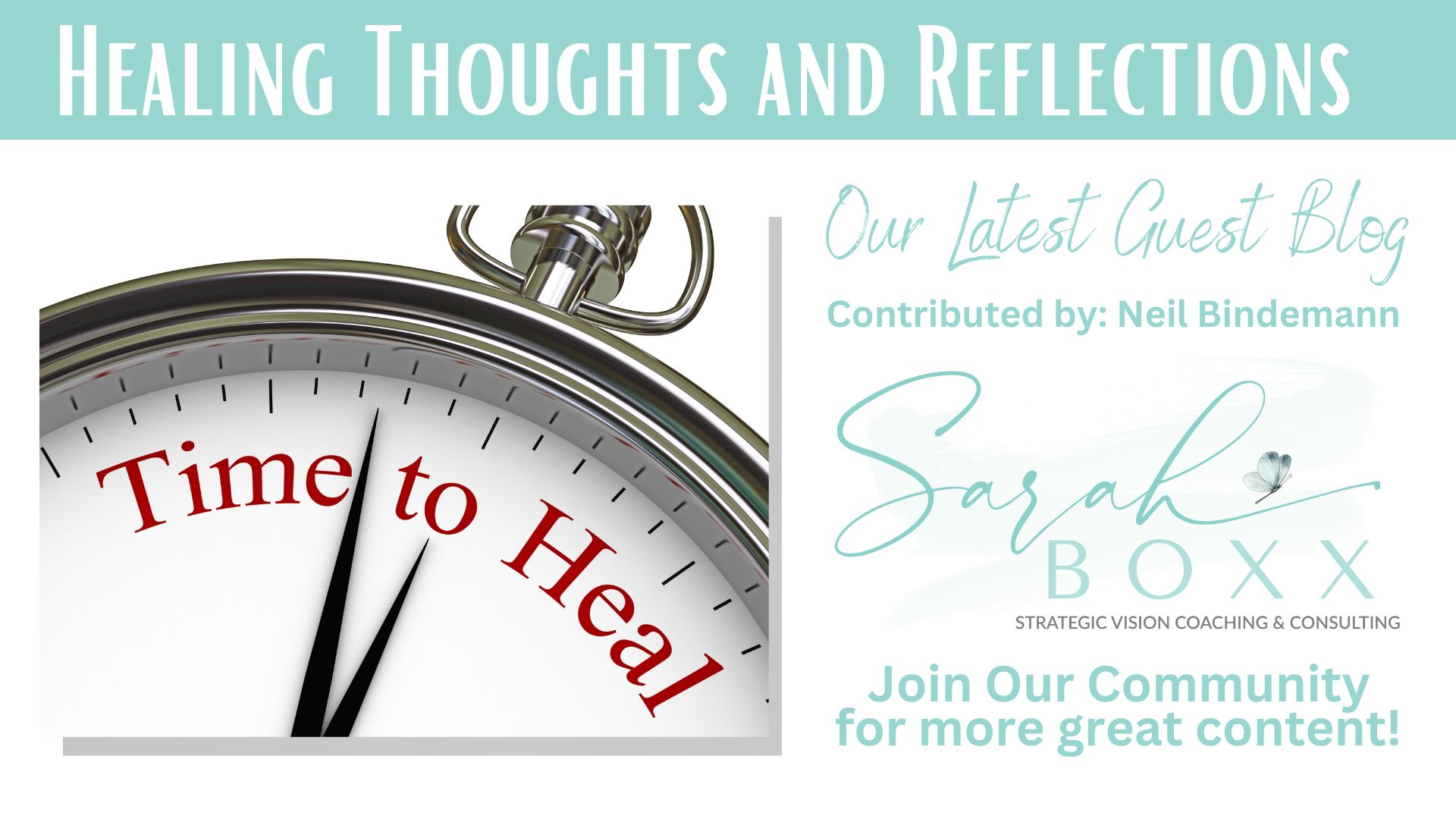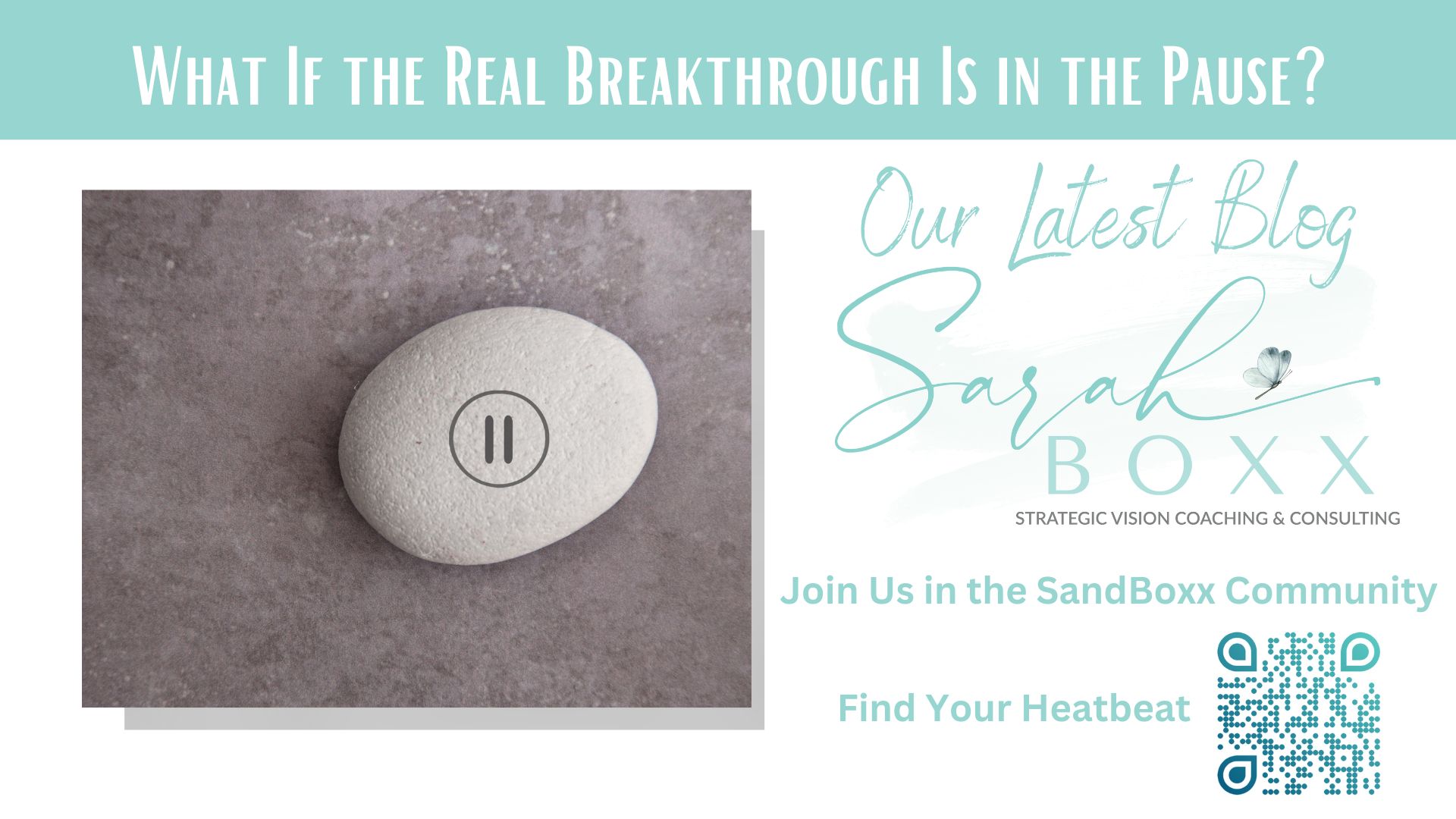Guest article contributed by Neil Bindemann
Imagine the following scenario:
You are engaged in a conversation on the phone, the person at the other end goes quiet and stops responding, the line drops, and your conversation is abruptly ended.
- How might you react?
- What sort of feelings and emotions might you experience?
The thoughts I am going to share come from reflecting on an experience unique to my life; one that was the start of a fascinating, albeit rocky in places, road to becoming ‘trauma informed.” A road that has guided me to a level of awareness that I now perceive my thoughts to come from a mind connected to both heart and brain.
In providing my thoughts, I shall offer a personal definition of the term “trauma”.
But first, here are a few standard definitions, starting with a couple from the healthcare world:
- The American Psychological Association writes “Trauma is an emotional response to a terrible event like an accident, rape, or natural disaster.”
- The UK Trauma Council writes “Trauma refers to the way that some distressing events are so extreme or intense that they overwhelm a person’s ability to cope, resulting in lasting negative impact”.
- Oxford Dictionary of Psychology: A physical injury or wound, or a powerful psychological shock that has damaging effects.
- Collins Dictionary: Trauma is a very severe shock or very upsetting experience, which may cause psychological damage.
Alright, let’s go back to the questions. How would you respond?
Firstly, I would expect to experience an immediate ‘knee-jerk’ reaction at the time of the phone call disconnection. The longer that break continued the greater the likelihood those initial feelings and emotions would not only subside and disappear but would likely be replaced by emotions and feelings different from the initial ones; and of course, different again, should we be reconnected within a short time frame, to continue our conversation.
I believe there are likely to be numerous factors that could influence the nature of my immediate reaction; plus, various factors influencing how that reaction could unfold.
Two of those seemly obvious, but for me, significant and interrelated factors, are the nature and quality of the friendship/relationship at the time of becoming disconnected.
In other words, different relationships will elicit different responses.
For example, if I were to be talking to an immediate family relation (i.e parent or sibling) who I am also good friends with, I believe my reaction (including thoughts, emotions, and feelings) would be very different to that experienced, should I be disconnected from a relation I very rarely talk with.
And of course, those reactions and emotions are likely to differ again, if I were to be talking with a non-related, but good friend. In this case, other quite different thoughts, feelings, and emotions would arise should the break in communication be permanent vs temporary.
This draws me toward sharing my main thoughts…
One evening while enjoying a bath, my mind suddenly voiced a question:
“Could I think if my brain couldn’t generate words?”
That random question led me to start contemplating the emotional impact of the words we voice. With an awareness of the emotional power of words, I now realize how my mind can voice both helpful and harmful thoughts, internally and externally (with assistance from the brain).
This brings me to the word “attachment.”
The word “attachment” refers to “an extra part or extension that is or may be [physically] attached to something to perform a particular function.”
However, voiced from a mind that has gained knowledge from the world of human behavior, neurosciences, and emotional health, it also means “a feeling that binds one [non physically] to a person, thing, cause, ideal, or the like; devotion; regard.”
It was with that definition in my mind that the phone scenario was triggered, which I hope can help in explaining why and how my mind generated what may be ‘seen’ as a more person-centered definition of trauma, and which arose through:
Thoughts Reflections and A Unique Mindbody Approach
“Trauma can mean any life event a person experiences, when there is a physical or non-physical disruption or disturbance, with a temporary or permanent break in a physical or non-physical attachment/bond, triggering a wave of emotions that pass through the mind and body.” – Neil Bindemann
I believe all emotions are natural and integral to optimal wellness, and we need to enable them to come and go. It is when we attempt to prevent/suppress them, or we struggle to let them go, that we can start experiencing illness.
As I come to the end of writing this article a couple more questions come to mind:
If asked to select a favorite childhood item or event, what would it be and why?
What emotions does that trigger for you?
Perhaps with the help of Sarah and her wonderful team, we can all come together sometime to share our thoughts?
Related articles:
Moving Thoughts: How emotions change the way we think.
The Word: the emotional power to heal or harm?
About the Author:
Founder and Co-Director at The Lifestyle Health Foundation. He describes himself as a very ordinary person, who happens to have a research background in neuroscience, immunology, and emotions. The latter comes out of a traumatizing lived experience with a brain tumor that began in 2015 with the words “Do you mind taking a seat, the doctors are looking at your scans and they need to come and talk to you!”
Connect with Neil at:
Website: www.lifestylehealth.org.uk
Facebook: https://www.facebook.com/neil.bindemann.9/
Instagram: https://www.instagram.com/lifestylehealthfoundation/





